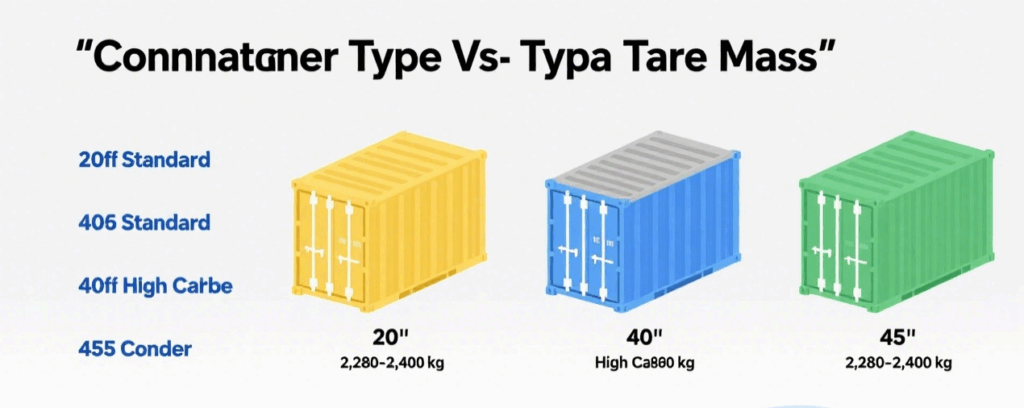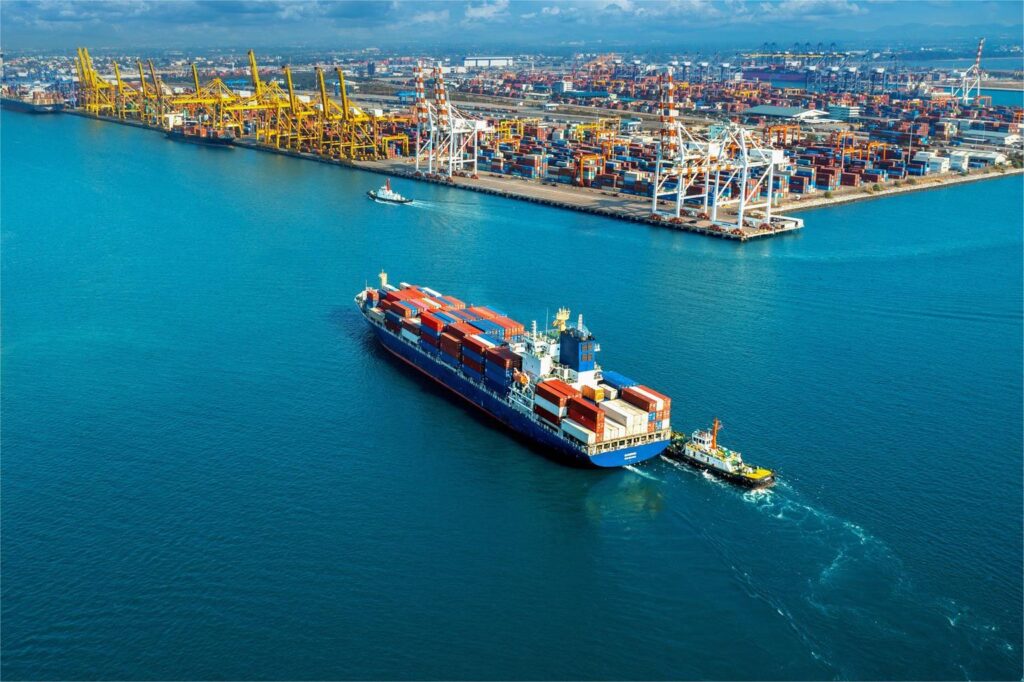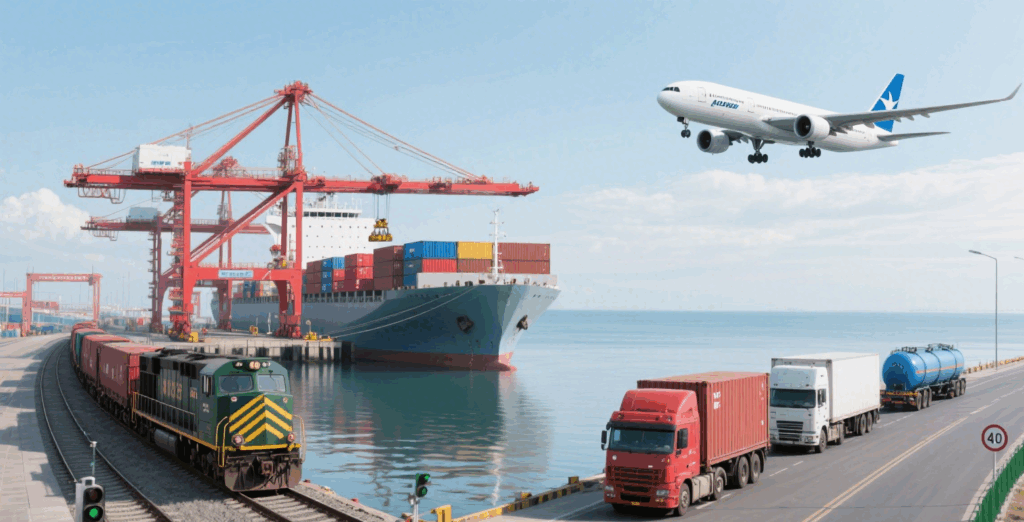Introduction to Container Storage Cost
Container storage cost refers to the charges applied when containers remain at ports, rail terminals, warehouses, or depots beyond the allowed free time. While the daily rate may seem small, these costs can accumulate quickly during customs delays, transport issues, or peak shipping seasons, significantly impacting total logistics expenses. For international and domestic shipments, prolonged storage can also disrupt delivery schedules, cause missed transshipment connections, and create a ripple effect of delays across the entire supply chain, making efficient shipment planning essential.
1. What is Container Storage Cost?
Container storage cost is the fee charged for occupying space at facilities such as:
- Port terminals after unloading, before pickup
- Inland container depots
- Bonded warehouses during customs inspections
- Rail yards or trucking depots
📍Example:
If the free time is 5 days and your container stays for 10 days, you’ll be charged for 5 extra days at the daily storage rate.
2. Key Factors Affecting Container Storage Cost
- Port or Terminal Location – Busy hubs often charge higher fees.
- Container Size & Type – 40-foot and reefer containers cost more.
- Storage Duration – Costs increase with each day beyond free time.
- Cargo Type – Hazardous or oversized cargo may incur extra fees.
- Seasonal Demand – Rates can rise during peak seasons.
- Free Time Policy – Some shippers negotiate longer free periods.
3. Typical Container Storage Cost Rates
| Container Type | Free Time (Days) | Avg. Daily Rate (USD) | Example Locations |
|---|---|---|---|
| 20-ft Dry | 5 | $20–$50 | Shanghai, Hamburg |
| 40-ft Dry | 5 | $40–$80 | Rotterdam, LA |
| 20-ft Reefer | 3 | $50–$100 | Singapore, Dubai |
| 40-ft Reefer | 3 | $80–$150 | Hong Kong, NY |
| Hazardous Cargo (20-ft) | 3 | $70–$120 | Antwerp, Houston |

4. Storage Cost Formula
Formula:
Cost = (Days in Storage – Free Time) × Daily Rate
Example Calculation:
- Container Type: 40-ft Dry
- Free Time: 5 days
- Actual Storage: 9 days
- Daily Rate: $60
Cost = (9 – 5) × $60 = $240
5. Container Storage Cost in Different Transport Modes
| Transport Mode | Typical Storage Cost Level | Notes |
|---|---|---|
| Sea Freight | High | Ports have limited yard space and high congestion, especially during peak season. |
| Rail Freight | Medium | Cheaper than sea ports, but inland terminal fees still apply. |
| Road Freight | Low–Medium | Fees apply at depots or bonded yards, often lower per day but with less flexible free time. |
6. Hidden Charges Linked to Container Storage Cost
💡 Common extra fees to watch out for:
- Demurrage – Shipping line penalty for late container return.
- Port Security Charges – Applied in high-security zones.
- Power Supply Fees – For reefer containers requiring electricity.
- Handling Charges – For moving or repositioning containers inside the yard.
- Late Documentation Penalties – Caused by missing or delayed paperwork.
7. Strategies to Reduce Container Storage Cost
📌 Proven cost-cutting tips:
- Pre-Clear Customs
Submit all clearance documents before vessel arrival to prevent delays. - Book Transport Early
Secure trucking or rail slots in advance to avoid last-minute issues. - Track Schedules in Real Time
Monitor vessel and train arrivals to arrange prompt pickup. - Negotiate Free Time Extensions
Ask your carrier or port operator for additional free days, especially for frequent shipments. - Use Off-Dock Storage
Move containers to a cheaper external depot to reduce high port charges. - Consolidate Shipments
Fewer containers mean fewer potential storage charges.
8.Conclusion
Container storage cost is a standard part of the shipping process, but it can become a major extra expense during delays. By understanding how charges are calculated, monitoring shipment schedules, arranging timely pickup, and exploring lower-cost storage options, shippers can significantly reduce costs and prevent avoidable delays.
- Consult TJ China Freight Forwarding for the lowest quote. They will provide you with reliable, cost-effective service.
FAQ:
Q1.Is storage cost included in freight charges?
No, it is billed separately.
Q2.Can I avoid high port storage fees?
Yes, by moving containers to off-dock depots.
Q3.What’s the difference between detention and storage?
Storage is charged while the container is at the terminal; detention applies when it’s outside but not returned.
Q4.Are weekends included in storage charges?
Yes, most facilities include weekends and public holidays.
Q5.Do empty containers incur storage fees?
Yes, if they remain beyond the free time allowance.




